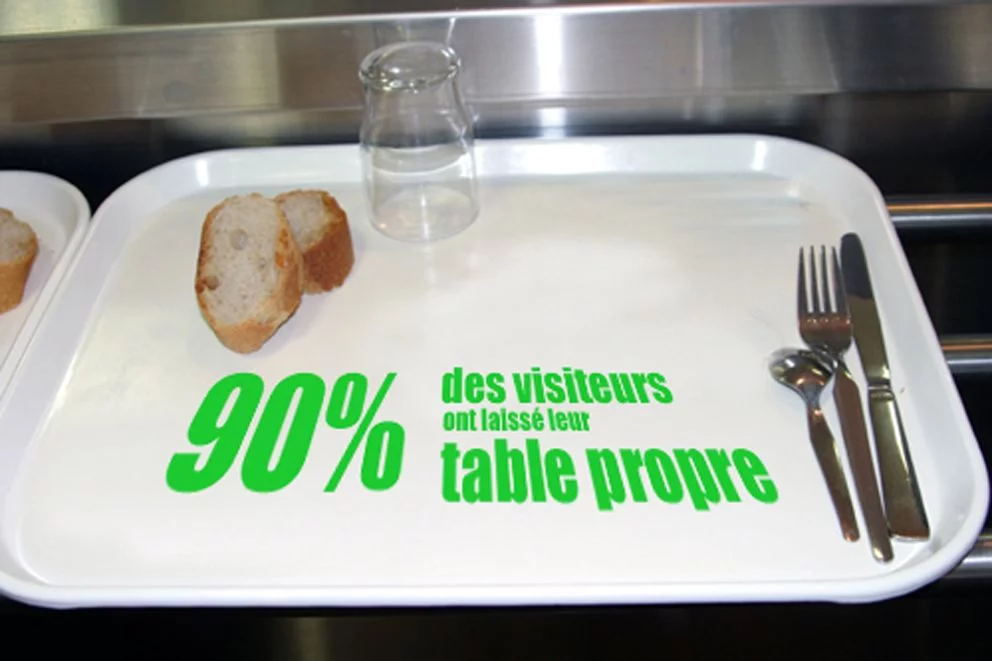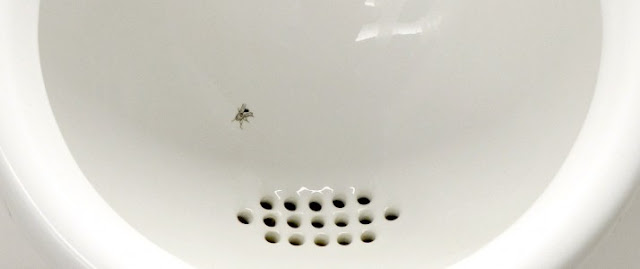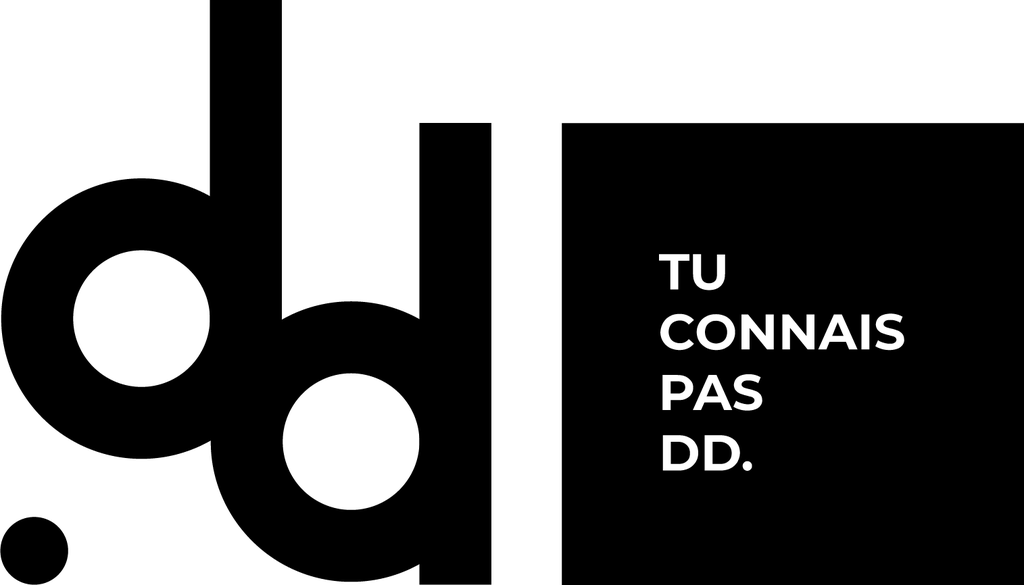I'm fascinated by nudges.
For those who don't know, follow the guide:
Nudges are subtle stimuli designed to influence our choices without restricting our freedom of decision. These discreet interventions can take different forms: a simple visual suggestion, a modification of the environment or even a restructuring of information. Their ultimate aim is to steer us towards choices that are beneficial to ourselves and to society as a whole.
In an ever-changing world, where information abounds and decisions are ubiquitous, our brains are constantly called upon. Whether it's choosing a product, making a decision or adopting a behavior, we're faced with an endless stream of options.
It's against this backdrop that nudges have made their grand entrance.
Nudges were popularized by Nobel Prize-winning economist Richard Thaler and legal scholar Cass Sunstein in their book "Nudge: Improving Decisions About Health, Wealth, and Happiness". Since then, these gentle influence techniques have been put into practice in many fields, from public policy and advertising to health and education.
One of the key features of nudges is their ability to exploit human cognitive biases. By understanding how our brains work and how we make decisions, it becomes possible to design subtle incentives that lead us towards desirable outcomes. For example, placing fruit and vegetables within easy reach in supermarkets encourages people to make healthier choices without imposing a direct constraint.
They work from different angles:

1/immediate reward

2/The tendency to follow tendance à suivre le mouvement
In the U.S., a smiley face attached to the bill indicating a household's electricity consumption in relation to that of its neighbors (the smiley smiles if the household is below average, or is displeased if it isn't) is said to have saved 600,000 households almost $250 million.

3/playing
A fly sticker to aim at a urinal and Amsterdam airport cuts cleaning costs by 80%.

4/staging
...or how to limit speed in Iceland.

And… all brought together by marketing.
we cry out "scandal", manipulation? Is it always done for a good cause?
Nudges represent a subtle form of influence that can have a significant impact on our choices and behaviors. Properly used, they can be invaluable allies in promoting decisions that are beneficial both to individuals and to society, the environment, health... Rather, they are a complementary tool that can help steer behavior towards more desirable choices. Some people are tempted to use them for their own ends, so I'd say we need to remain vigilant about the manipulation of nudges, as with everything else...!
Discover the other articles here: https://www.tuconnaispasdd.com/bienvenue/page-d-exemple/




